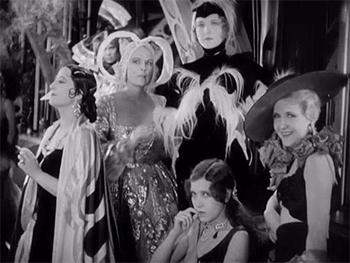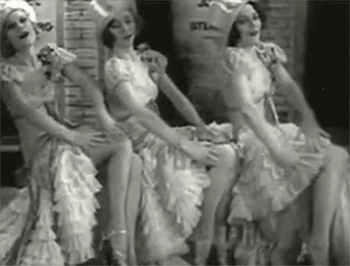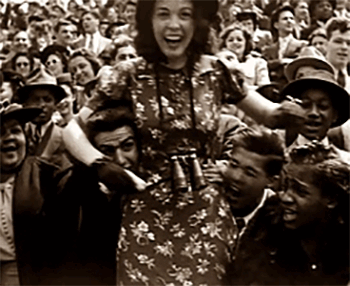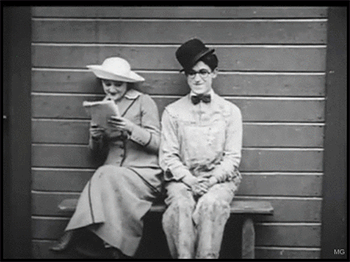5 Advantages of Having a Tertiary Role
Written by Ashleigh Gardner
November 14, 2016
So you didn’t get the lead. Bummer, right?
Absolutely not! Just because you aren’t the star in your high school’s or university’s play this time around doesn’t mean that you can’t have fun with your new role. Below are five ways you have the advantage when you rock your tertiary role — a character that isn’t a leading or supporting role, but that still heavily influences the success of the show.
1. You have more time to work on your character when the leads are busy rehearsing.

Because you may not be onstage for as much time as other roles, you have more time to work on line memorization and character development. Activities that you can do to strengthen your character’s personality and “realness” vary from filling out a character dossier to making a mixtape.
2. Your relationship with other tertiary characters develops quickly.

Have you ever had a fun, silly, made-up friendship with a fellow castmate? Time to get on that. While you’re huddled together at a table or quietly gossiping next to the staircase onstage, talk with your tertiary castmates. Get to know their characters. Make friendships, scandalous relationships, and frienemies with your friends’ characters. Play, and keep it fun!
3. Your character isn’t held by any rigid traits.

Unless the playwright has specifically said your tertiary character must have specific traits, you are free to (at the discretion of your director) explore your character’s true nature a little bit more. Are you a servant with a sunny or a sultry disposition? Are you a shopkeeper who likes his customers or wish they would vacate his store? How does your Chorus Girl #3 feel about the play’s romantic male lead — did he betray her, or is she crushing hard?
4. You have more time to be present.

When you’re standing stage right shouting “Yeah!” and maybe some other single-lines peppered in for good measure, you have the opportunity to be an active listener and actor in the scene. Even though you’re not in the middle of the stage, you’re the center of attention to at least one person in the audience, and you need to make the show real for that audience member as if you were the lead. Your performance matters to that person.
5. You learn to react and express emotion, sometimes solely, through body language.

If you don’t have any lines, you can work on how your character’s body language reveals how they feel about the scene and the other characters. Do they move closer to listen? Are they flirtatious with other characters while no one is watching? Do they stand with their arms crossed in protest? Decide what’s best for your character, and follow through.
Need some advice? We’ve got you covered.
- 5 Reasons You Shouldn’t Let a Bad Audition Define You
- 5 Tips for Nailing Your College Music Theatre Audition
- 10 Tips on Owning the Room at Competition
- How to Balance Theatre and Coursework
- The 10 Secrets of Great Understudying
- 10 Items Every Actor Should Carry in Their Rehearsal Bag
- 10 Items Every Dancer Should Keep in Their Rehearsal Bag
- 10 Remedies to Help Your Throat Survive Audition Season
